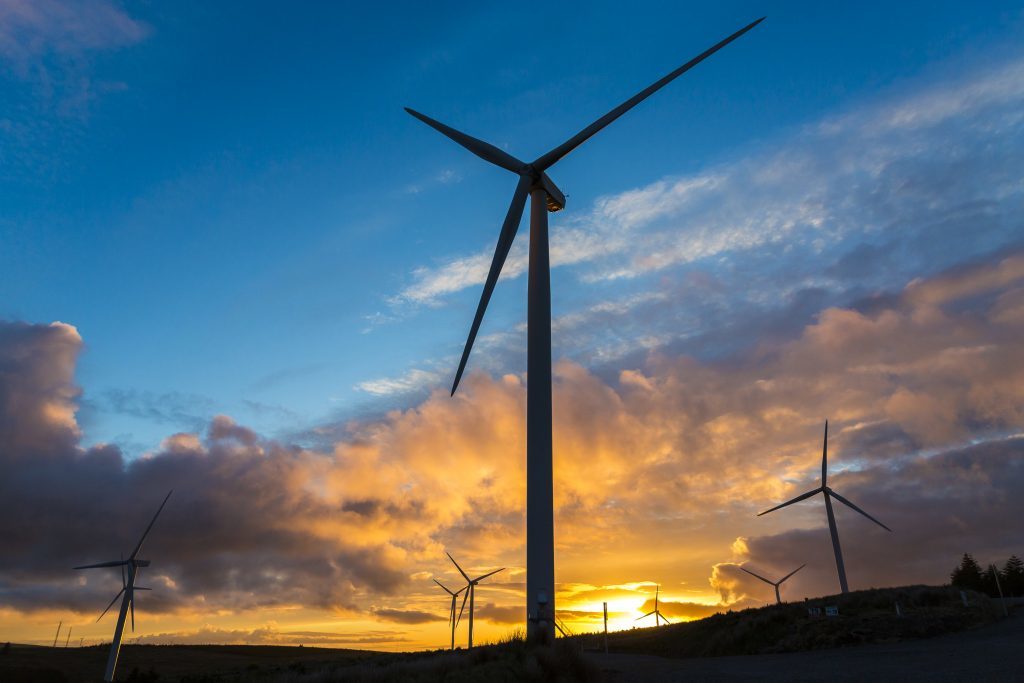
A South African court granted an order that stops the state-owned utility from signing deals with independent producers for renewable power projects worth 56 billion rand ($4.7 billion), the applicants in the case said.
The interdict, brought by the National Union of Metalworkers of South Africa and Transform RSA, follows a pending application to block Eskom Holdings SOC Ltd. from signing the power purchase agreements. The union argues in court papers that the utility already has excess capacity and signing the deals would force coal-fired power plants to shut down, resulting in job losses.
“Numsa believes that the signing of these contracts would be detrimental for the working class of Mpumalanga and the country as a whole,” the union said in an emailed statement, referring to a coal-rich province that has many power plants. Eskom uses coal for about 90 percent of its generation. “The energy minister was forced to give an undertaking in court that he would not sign the IPP agreements on Tuesday until the matter has been given a full hearing by the High Court,” the union said.
The order is another setback for energy developers including Denham Capital-backed BioTherm Energy and ACWA Power International that have been waiting for deals to be signed since 2016. Eskom refused to complete the agreements because executives said they were expensive and that power from the projects isn’t always available. The utility favored a nuclear-build program at the time and maintained a standoff on what was once a successful program by the Department of Energy to diversify South Africa’s power mix and bring in billions in foreign investment.
Eskom has since had its management and board overhauled. The government, which on March 8 announced its intent to sign 27 outstanding deals, has taken steps to prioritize partnerships with the private sector just weeks after President Cyril Ramaphosa took office and made his own appointments, including Energy Minister Jeff Radabe, to the cabinet.
Numsa estimates that the closure of Eskom’s power stations as a result of the renewable projects would affect at least 30,000 families. “All stakeholders should be afforded an opportunity to engage with Eskom, Nersa and the minister on these issues,” the union and Transform RSA, a civil-society group, said in the application.
The North Gauteng High Court, based in Pretoria, will hold a full hearing into the matter on March 27, the union said.
Recommended for you
